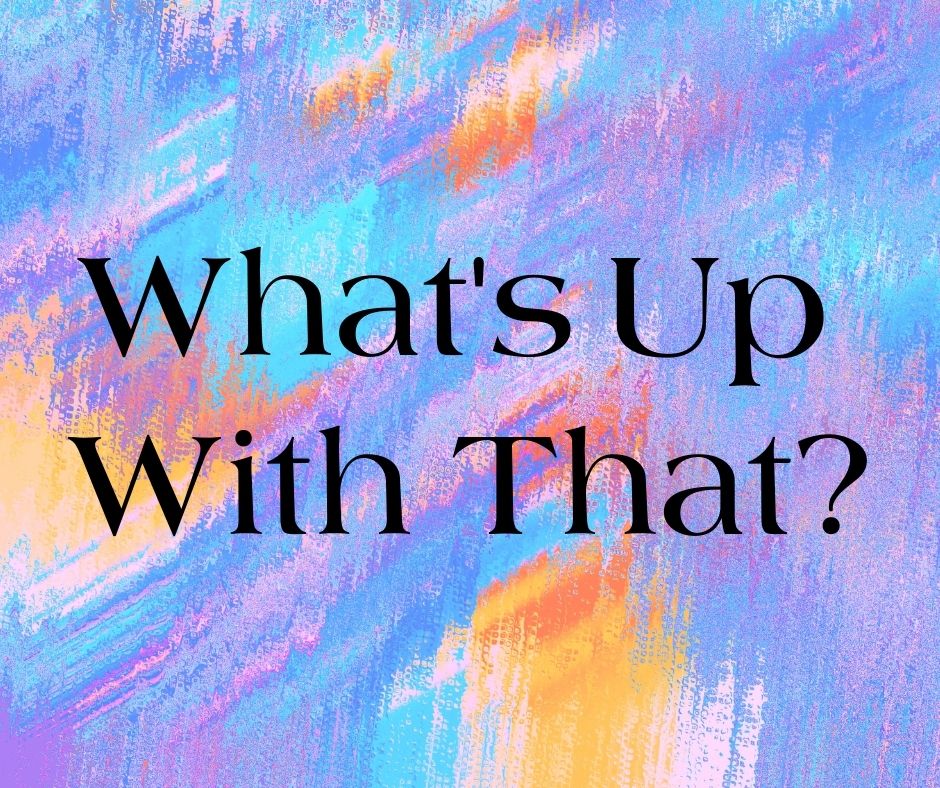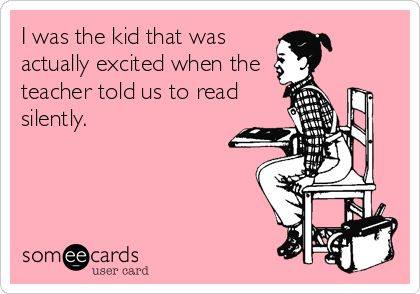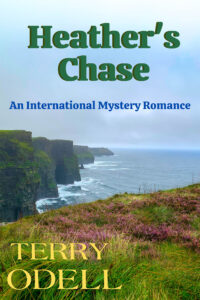That’s That
Terry Odell
First, for those of you who celebrate Thanksgiving, this year presents special challenges. I wish all of you a safe and sensible holiday.
 Ah, those overused words. Little ones. Almost invisible ones. Ones we take for granted. One of my critique partners pays her editors by the word, so getting rid of unnecessary words is high on her priority list.
Ah, those overused words. Little ones. Almost invisible ones. Ones we take for granted. One of my critique partners pays her editors by the word, so getting rid of unnecessary words is high on her priority list.
One word that creeps into our prose is “that.” An obvious reason is that there are different ways it can be used (you’ll notice I used it in this sentence). That can be a pronoun, an adjective, an adverb, or a conjunction. It’s the pronoun usage that can cause problems (and there’s another that!). When I finished the first draft of one of my Mapleton novels, I found 902 instance of that. And yes, I did look at each one to see how it was used, and if it was needed. Here’s one example of a before and after:
The mayor interrupted. “I’ve assured Marianna that you will provide traffic and crowd control for any of her shooting. In return, she’s assured me that there will be as little disruption as possible to the normal, everyday routines of the citizens of our city.”
The way McKenna said city belied that Mapleton was hardly more than a small town. But one thing Gordon had learned was that regardless of the political head of the city, it was all about revenue. He imagined that some heavy-duty discussion of financial arrangements had already taken place, and that his life was about to become much more complicated.
Here’s the version after I went through zapping that:
The mayor interrupted. “I’ve assured Marianna you will provide traffic and crowd control for any of her shooting. In return, she’s assured me there will be as little disruption as possible to the normal, everyday routines of the citizens of our city.”
The way McKenna said city belied that Mapleton was hardly more than a small town. But one thing Gordon had learned was that regardless of the political head of the city, it was all about revenue. He imagined heavy-duty discussions of financial arrangements had already taken place, and his life was about to become much more complicated.
In my editing pass, I eliminated 4 of the 6 usages in those two paragraphs. Rule of thumb is to read the sentence with and without the that. Is the meaning as clear without it? Could I have deleted the remaining two? Maybe. My editor hasn’t seen this yet, and she might decide they can go as well. Or, maybe she’ll put some back. The rules here aren’t cut and dried.
Here’s another sentence where I kept the that.
We’ve found that locals are generally receptive to appearing as background characters, and property owners are well-compensated for any disruptions to their lives or livelihoods.”
When reading it without that, it’s easy to read it as finding locals, as if they were lost. When you read the rest of the sentence, you have to readjust your thinking, and you don’t want to slow a reader down.
Here’s another place where that helps clarify:
Gordon didn’t have the heart to tell Angie that Cassidy Clarke had little, if any, authority in deciding where scenes would be shot and who would be in them.
Without the that, it would read Gordon didn’t have the heart to tell Angie Cassidy, and with the names Angie and Cassidy Clark right next to each other, a reader might be confused and have to read the sentence twice.
The goal of an author is to keep the reader engaged in the story. Anything that pulls the reader away while they figure out what that sentence really means should be avoided.
But there’s another use of that I’ve seen lately that goes against everything I was taught in school, and I’ve been seeing it in books published by major publishing houses, and written by best-selling authors.
I was taught that for things and who for people. Now, admittedly, it can get tricky with nouns that don’t refer to specific people, but in my head, if that noun is made up of people, then you use who, not that. Examples: doctors, police officers, teachers, etc.
Here are a few examples from recent reads:
- But maybe you’ve seen strange people around. You know, shady characters that might be involved.
- I thought it was the girl’s father that was the real worry.
- Older guys that we know.
- Are you an author that has more than one book in a series?
And, what about this one?
 I know rules can change, so I sent my editor a couple examples and asked her whether I was somehow behind the times.
I know rules can change, so I sent my editor a couple examples and asked her whether I was somehow behind the times.
Here’s what she said:
I’m not surprised that the books were published with “that” in the sentence. It’s becoming more and more common. A lot of authors don’t use “who” when they should. I think it may be partly because of today’s current English language and the way we talk today, and how authors write their stories. “That” is familiar. It’s a passive word and is overly used in most writing, so it’s a comfortable word. “Who” on the other hand is becoming a more formal choice, so it’s not used as often.
In 90% of the manuscripts I work on, “that” is used in similar examples in the original unedited version of the manuscripts. Is it the right thing to do? No, “who” is the correct choice. Unfortunately, or fortunately, depending on your perspective, I don’t think many readers notice the “that” versus “who” issues, so what happens is “that” becomes transparent within the manuscript in these types of examples whereas “who” sometimes stands out more in the sentence, making it less transparent and possibly “stopping” the reader in their read.
What’s your take? Does something like “John was a man that loved to fish” bother you? Do you even notice? Is this another gray area of grammar?
 My new Mystery Romance, Heather’s Chase, is available at most e-book channels. and and in print from Amazon.
My new Mystery Romance, Heather’s Chase, is available at most e-book channels. and and in print from Amazon.
Terry Odell is an award-winning author of Mystery and Romantic Suspense, although she prefers to think of them all as “Mysteries with Relationships.” Follow her on Facebook and Twitter.
